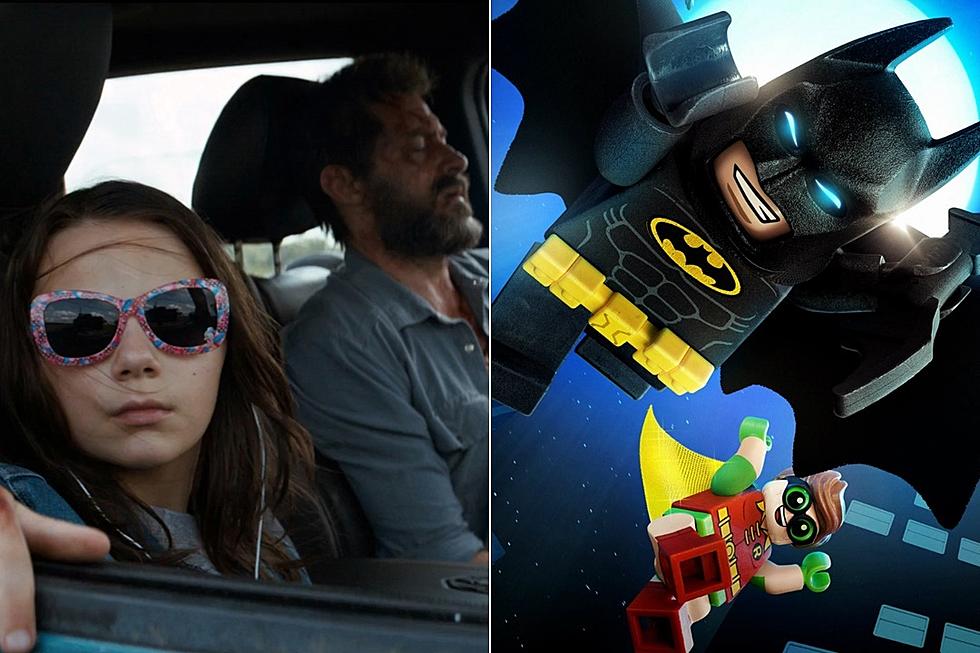
Cap’s Death: In-Store Reactions and Confessions
 I manned the register at my local comics shop yesterday (it's true, my personal sandwich board reads, "will work for store credit"), something I try to do once a month, and I was privileged to witness an occurrence that I feel compelled to share.
I manned the register at my local comics shop yesterday (it's true, my personal sandwich board reads, "will work for store credit"), something I try to do once a month, and I was privileged to witness an occurrence that I feel compelled to share.
Before I get to that anecdote, however, please bear with me as I provide some background for those unfamiliar with the way in which (most) comic shops operate. If you know what a "pull list" and/or "subscriber" is in the context of comic stores, go ahead and skip to the next paragraph. The vast majority of shops offer a standing discount (generally 10%) for regular customers who become "subscribers" with the store. The way that this usually works is that the customer agrees to purchase a minimum number of regular, monthly titles (their "pull list") from the shop, and they are assigned a "box" where their requested comics are held on reserve. Thus, the subscriber needn't worry about ever missing an issue of their favorite title since the store is guaranteeing it will be in their box, and they also enjoy a discounted rate on all of their purchases. In turn, the store owner enjoys guaranteed monthly sales of the titles on each subscriber's pull list, and is able to place orders with their distributor for a given title knowing that a certain percentage of the stock they're ordering are essentially pre-sold (comics are ordered 3 months in advance of publication on a non-returnable basis).
OK, to get on with my story:A regular customer --but not a subscriber-- comes into the store and half-jokingly asks if we have any copies of Captain America # 25 (the issue in which Cap dies). I responded, smiling, "That's a trick question, right?" To which he replies, "I know, I know ... for subscribers only, right?" I confirmed that yes, except for those copies already safely tucked into subscribers' boxes, we didn't expect to be seeing any more copies of that issue until the second printing. Unsurprised at this news, the customer goes about his shopping.
Minutes later, a subscriber comes in, and I retrieve the contents of his box for him. As he's sorting through his comics at the register, he comes upon a copy of Captain America #25 (since he subscribes to the title). He pauses. He looks at the cover briefly, picks up the comic, sets it aside on the counter, and says to me in all seriousness, "You know what? No. It's just the ultimate in cynicism, and I won't be a party to it."
As surprised as I am impressed, I applaud this moral stand, complimenting him on the decision. I mean, bravo, right?
As if on cue, the original customer, having overheard the preceding conversation, asks eagerly, "Can I have it?" The subscriber hands the comic to him (bear in mind, this is a comic which, as we've previously reported, has been routinely selling for 10 times its cover price), saying, "It's all yours. I don't have any problem with anyone else buying it, but they're not getting my money."
So, that's the story I wanted to relate. I don't know if I've done it justice (I fear not), but as soon as it happened, I knew I would have to write about it.
As a postscript to the above, however, I've got a confession to make: When the abovementioned exchange occurred, I had not yet read the comic in question. Shortly after the exchange, in a rare slow spot during a very busy day, I finally had a chance to read, in rapid succession, Civil War #7 (Cap cedes the War), Civil War: The Initiative #1 (a new Avengers team is assembled), Captain America #25 (Cap dies), and Civil War: The Confession #1 (see below).
From a publicity standpoint, Cap's "death" is nothing but a cheapjack marketing stunt (we all know he'll be back), but from a dramatic standpoint in the aftermath of Civil War, I have to admit that as of The Confession, Cap's death is being treated with the dignity which the solemn event merits. I don't want to give too much away about this issue (written by Bendis -- the Bendis we all know and love, that is, as opposed to the Bendisbot who wrote Civil War whoops, what with Bendis writing seemingly half of the Marvel line, I briefly forgot that Civil War was written by the Millarbot!), but I will say this much: Even though the big reveal at the end of the main story would be obvious to a 10 year-old from, oh, about page 2, it still resonates. Having said that, however, the true genius of the ending is tied to the inclusion of a short "backup" story that follows the main "confession" story. The backup piece is a related prequel to the main story, and the final words of dialogue spoken in the backup, by echoing the final words spoken in the main story, pack a time-delayed emotional knockout punch.
It's truly a sublime moment, the sort for which Bendis is justly famous, and having read The Confession --which in essence serves as an epilogue to Civil War-- it becomes much more difficult to remain cynical about Cap's death. It seems to me that the larger tapestry which Bendis clearly had planned from the start of the Civil War storyline is truly beginning to unfold here. I may be taking a position as unpopular as Iron Man's pro-registration stance in Civil War, but after having read Civil War: The Confession, I'm not only anxious to see the ripple effects of these events upon the Marvel universe, but I'll even go so far as to say that I can now see the method to the apparent madness of killing Cap.
More From ComicsAlliance



![The Boys Are Back in Town With Marvel Legends’ New Guardians of the Galaxy Figures [Review]](http://townsquare.media/site/622/files/2017/03/IMG_2839.jpg?w=980&q=75)





